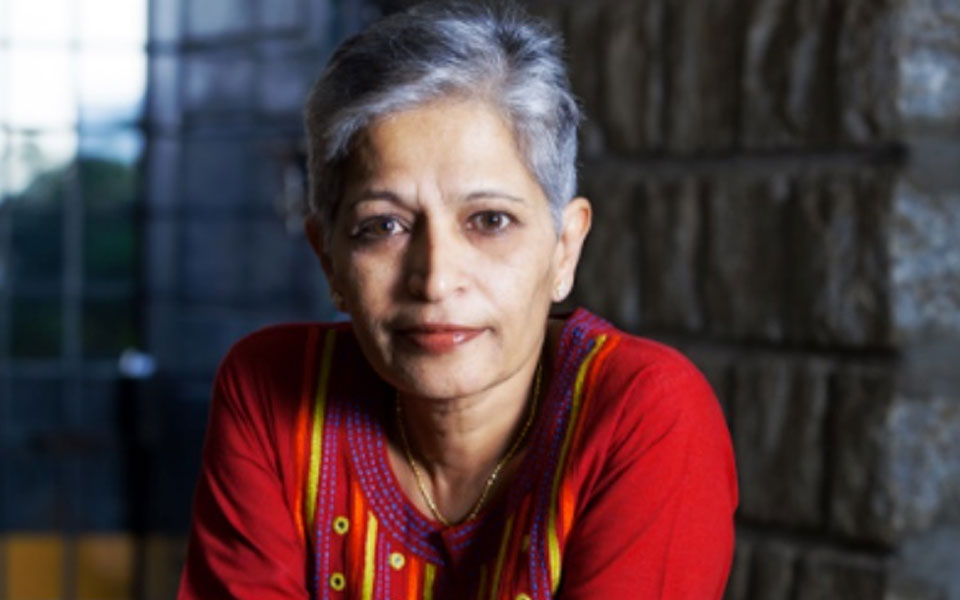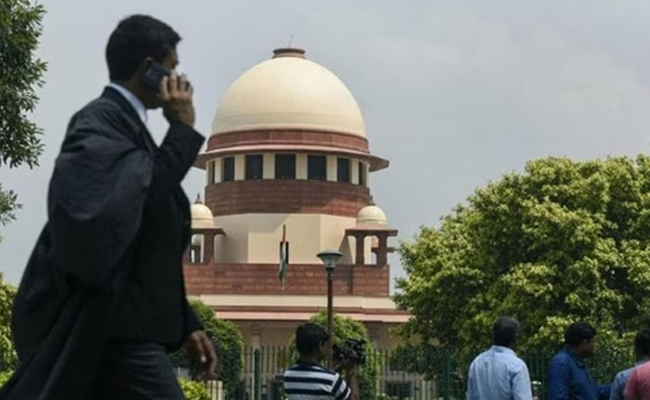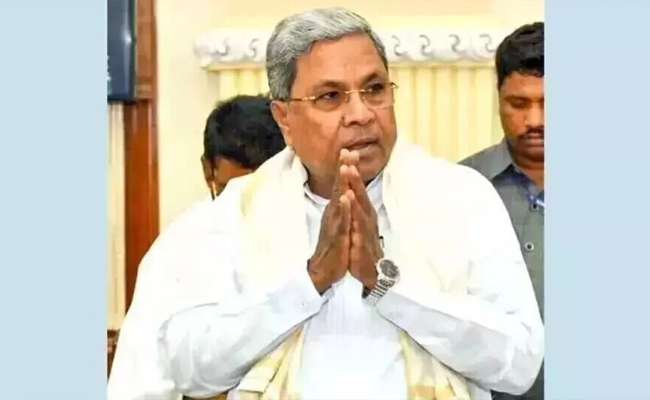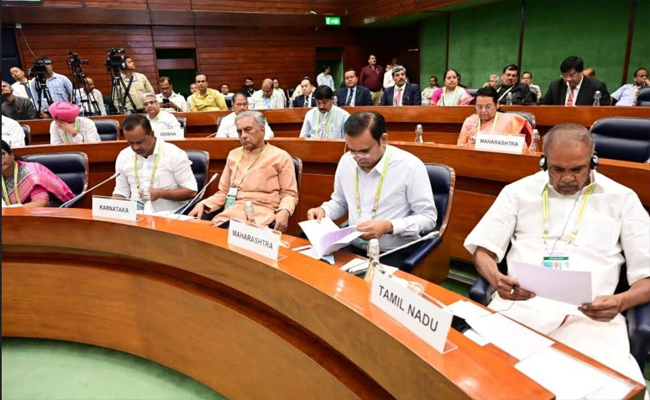BENGALURU: The three arrests from Karnataka this week in the murder case of journalist Gauri Lankesh has brought the total number of arrested men to 10. While two people were arrested from Hubballi, another was arrested from Madikeri. Gauri Lankesh, 55, a vocal critic of hardline right-wing ideology, was shot dead outside her Bengaluru home in September last year.
The two men arrested from Hubballi in south Karnataka, Amith Baddi a goldsmith and Ganesh Miskin who manufactures incense sticks, are in police custody till August 6 - charged with murder and under the arms act. Fifty-year-old Rajesh D Bangera was arrested from Madikeri, the police said on Tuesday. He too has been sent to police custody till August 6.
There were protests in Hubbali by right-wing activists after the two men from the town were arrested by the special investigation team or SIT for their alleged involvement in the murder.
The two have the support of right-wing activists who say the men - and the others arrested - are innocent. The protestors handed over a memorandum to the tahsildar.
"We are giving this memorandum to say that we condemn the arrest of these Hindu youth and demand their immediate release. Already so many Hindus have been arrested in the Gauri Lankesh case. And now, without giving any reason, the SIT have arrested Anil and Ganesh on Saturday night even though these young men have no involvement in the case. They are the sole bread-winners for their families," one of them said.
Amith's mother, Jayashree, said, "They didn't tell us anything. They just took him away." Amith's wife tearfully added, "My small child keeps asking where papa is."
The support from Hindu groups and the depiction of the arrested men as innocent youth makes the affiliation between the arrested men and such groups seem more likely.
And makes it even clearer which way the investigation is heading.
The statement by the first man arrested in the case in February - Naveen Kumar - talks of his involvement with Hindu groups like the Sri Rama Sene headed by Pramod Muthalik notorious for being accused in the Mangaluru pub attack case - though he was later acquitted.
The statement also indicates how Gauri Lankesh was said to have made anti-Hindu statements and was a threat to the religion.
Four other men arrested in the case were being investigated for a plot to kill the Mysuru-based rationalist, K Bhagwan - with possible links to Gauri Lankesh's killing being made later.
courtesy : ndtv.com
Let the Truth be known. If you read VB and like VB, please be a VB Supporter and Help us deliver the Truth to one and all.
New Delhi (PTI): The Supreme Court has said it listed for Tuesday pleas on the vexed legal question of whether a husband should enjoy immunity from prosecution for the offence of rape if he forces his wife, who is not a minor, to have sex.
A bench of Chief Justice DY Chandrachud and Justice JB Pardiwala said the pleas were already "listed tomorrow" and they would be taken up after some part-heard cases.
The pleas for early listing were mentioned by senior advocate Karuna Nundy, appearing for a litigant in the case.
On September 18, senior advocate Indira Jaising, appearing for one of the litigants, mentioned that the pleas needed to be heard urgently.
The top court on July 16 agreed to list for hearing the pleas on the legal question. The Chief Justice had indicated that the cases might be taken up on July 18.
Under the exception clause of Section 375 of the Indian Penal Code (IPC), now repealed and replaced by the Bharatiya Nyaya Sanhita (BNS), sexual intercourse or sexual acts by a man with his wife, the wife not being minor, is not rape.
Even under the new law, Exception 2 to Section 63 (rape) says that "sexual intercourse or sexual acts by a man with his own wife, the wife not being under eighteen years of age, is not rape".
The top court on January 16, 2023, sought the Centre's response on a clutch of petitions assailing the IPC provision, which provides protection to a husband against prosecution for forcible sexual intercourse if the wife is an adult.
On May 17, it also issued a notice to the Centre on a similar plea challenging the BNS provision on the issue.
The BNS, Bharatiya Nagarik Suraksha Sanhita and the Bharatiya Sakshya Adhiniyam came into effect from July 1, replacing the IPC, Code of Criminal Procedure (CrPC) and the Evidence Act, respectively.
"We have to resolve the matters concerning marital rape," the bench had said.
The Centre earlier said the issue had legal as well as social implications, and the government would like to file its response to the petitions.
One of the pleas is related to a Delhi High Court split verdict of May 11, 2022, on the issue.
The appeal has been filed by a woman, who was one of the petitioners before the high court.
While delivering a split judgment, Justice Rajiv Shakdher and Justice C Hari Shankar concurred on granting the petitioners a certificate of leave to appeal in the Supreme Court as the matter involved substantial questions of law, which required a decision by the top court.
While Justice Shankar, who headed the division bench, favoured striking down the marital rape exception for being "unconstitutional" and said it would be "tragic if a married woman's call for justice is not heard even after 162 years" since the enactment of the IPC, he said the exception under the rape law was not "unconstitutional and was based on an intelligible differentia".
The concept of intelligible differentia distinguishes people or things grouped together from those that are left out.
Another plea has been filed by a man against a Karnataka High Court verdict that paved the way for his prosecution for allegedly raping his wife.
Karnataka High Court had on March 23 last year said exempting a husband from allegations of rape and unnatural sex with his wife ran against Article 14 (equality before law) of the Constitution.
The set of pleas are PILs filed against the IPC provision and have challenged the constitutionality of the marital rape exception under Section 375 (rape) of the IPC on grounds that it discriminates against married women who are sexually assaulted by their husbands.





